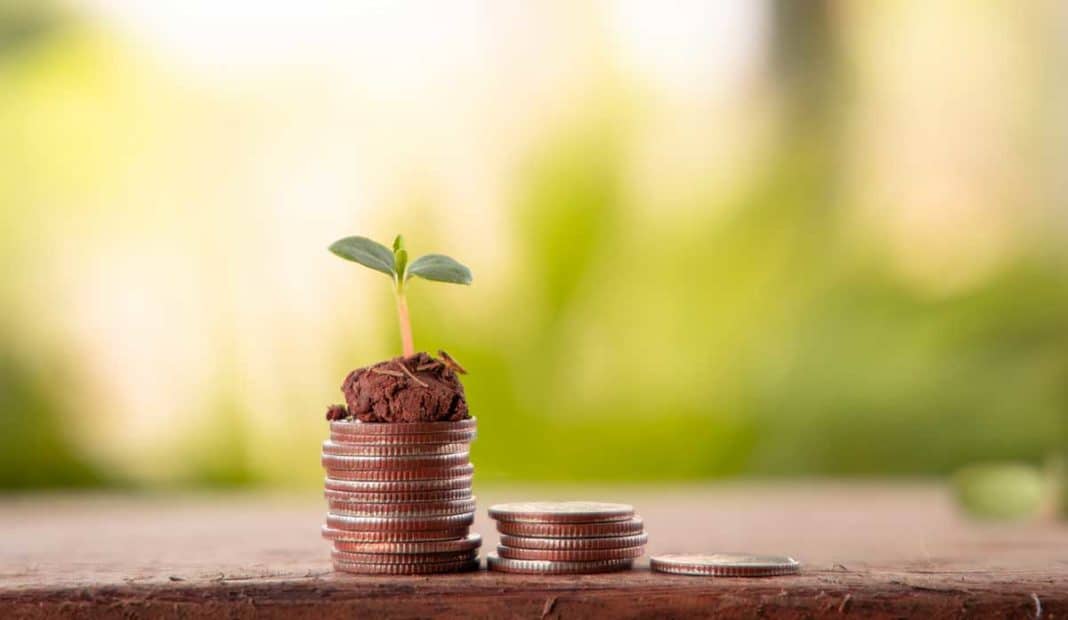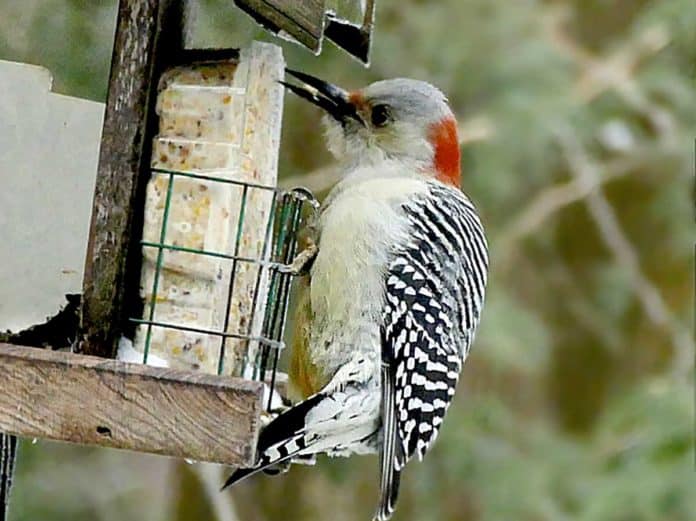The cheque will be in the mail!
OTTAWA – On December 16, Deputy Prime Minister and Minister of Finance, the Honourable Chrystia Freeland, announced the 2021 Climate Action Incentive payment amounts for people who live in provinces that do not have a pollution pricing system of their own (Ontario, Manitoba, Saskatchewan and Alberta).
As part of their plan to “protect Canadians from the dangers and costs presented by climate change,” and to ensure that Canada continues to reduce its greenhouse gas emissions, the federal government introduced a price on carbon pollution across Canada in 2019. “Pollution has a cost,” said Deputy Prime Minister Freeland. “By putting a fair price on pollution across the country, we’re making sure Canadians and Canadian businesses have good incentives to innovate and create clean solutions. And for provinces without their own pricing system, we’re returning the proceeds with approximately 90 percent going directly to Canadians and, in fact, leaving most better off. Our government knows that a price on pollution is the cleanest, clearest, and most efficient way to combat climate change.”
Citizens’ Climate Lobby Canada (CCL) has been lobbying for a national carbon dividend payment for the past two years. In a message to volunteers, national director Cathy Orlando wrote, “We did it! Canada has a real carbon fee and dividend policy! Everything we have been lobbying for the past two years is in the new legislation introduced today. This is the best day of my life, minus my wedding day and when my children were born. I was shaking when I read it. I have not been this emotionally overwhelmed since I heard the conclusions from the fourth report of the IPCC (Intergovernmental Panel on Climate Change) in February 2007. But this time I am shaking in joy and not fear.”
Key changes to Canada’s carbon pricing policy in Canada’s new plan clearly overlap what CCL has advocated for, Ms. Orlando stated. These include a continued price on pollution through to 2030 that rises at $15 per tonne after 2022, while returning the proceeds back to households such that the majority receive more money back than they pay in provinces where the federal system applies; a move from carbon pollution pricing rebate payments being distributed on an annual basis to quarterly, starting as early as 2022; and exploring the potential of border carbon adjustments, working with like-minded economies including the European Union and Canada’s North American partners to consider how this approach could fit into Canada’s broader strategy to meet climate targets while ensuring a fair environment for businesses.
People will receive their climate action incentive when they file their 2020 personal income tax returns. An individual in Ontario will receive $300 while a family of four will receive $600. Families in rural and small communities will receive an additional 10 percent.






